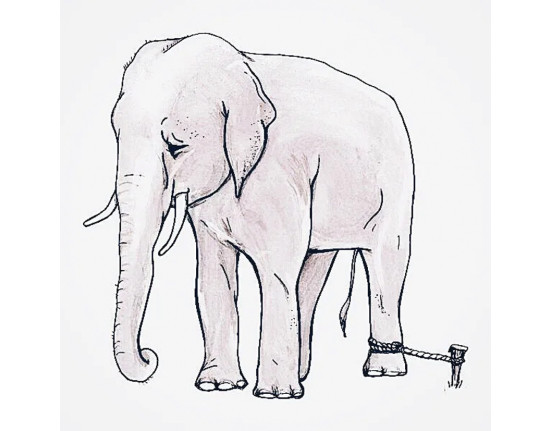Dear readers,
In the last issue,
I discussed the impact of toxic behavior from relatives on family relationships. This issue explores why
cycles of generational dynamics persist and how they can be broken.
In
many families, mothers who have sons often pledge to avoid repeating the
behaviors of their own mothers-in-law, hoping to be better when their sons
marry. However, when their sons do marry, they sometimes find themselves
mirroring similar behaviors or even exacerbating tensions. This perpetuation of
generational dynamics begs the question: why does this cycle persist?
The
crux of the matter lies in the shifting roles and expectations within families.
When a son marries, his attention understandably shifts to his spouse, which
can challenge the previous dynamics where the mother was central in his life.
This adjustment can trigger emotional responses rooted in past experiences and
unresolved expectations, often leading to conflicts.
Generational
patterns, whether positive or negative, tend to continue unless we make a
conscious effort to address them. Each generation inherits not only physical
traits but also emotional and relational patterns from their predecessors. Without
intentional efforts to break these cycles, ingrained behaviors and reactions
may persist. It's up to us to take action and make a difference.
Approaching
relationships with dignity, respect, and patience is crucial. Each interaction,
even those fraught with tension, offers opportunities for personal growth and
understanding. These are the cornerstones of healthy family dynamics, and they
can inspire hope and motivation in our journey to improve intergenerational
relationships.
Furthermore,
it's crucial to recognize and challenge outdated cultural norms. This is a step
towards more inclusive and supportive family dynamics. However, for these
cultural changes to truly take root, they must be embraced by both
generations—young and old. It's not solely the responsibility of the younger
generation. The older generation also needs to adopt these changes to
understand the younger generation better. This mutual understanding can help us
feel enlightened and progressive in our approach to family relationships.
In
essence, breaking the cycle requires awareness, empathy, and a commitment to
personal and relational growth. By nurturing environments where individuals can
learn from past experiences and evolve together, we pave the way for healthier
and more fulfilling familial relationships.
If
you find this information helpful or have other questions, please contact me at
718-687-6154. Your questions will be published anonymously.
Sincerely,
Zoya Aminov




















